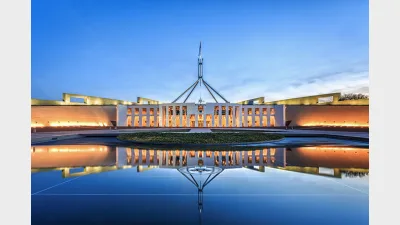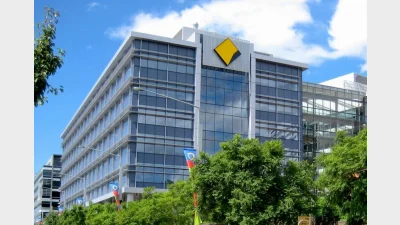Russell identifies inefficient FX trades




|
Australian institutional investors, such as superannuation funds, may be paying too much for foreign exchange transactions, according to Russell Investments.
According to new Russell research, the average costs of foreign exchange transactions are far higher than can be achieved by efficient execution and can potentially cost investors as much as 2 per cent of a portfolio’s total value over a 40-year period. Russell said it had analysed 40,000 foreign exchange trades executed by investment managers with custodians and other foreign exchange counterparties between January 2008 and December 2009 on institutional assets totalling approximately $23 billion.
It said that the findings had revealed the average cost of each foreign exchange transaction, defined as the shortfall from the midpoint between the bid and offer prices, came to approximately nine basis points. This was considerably higher than the range of one to three basis points which was the average cost in the foreign exchange market.
Commenting on the research, Russell Investments manager of investment services in Australia and New Zealand Sally Corbett said it suggested that investors should not assume that foreign exchange trades were being executed efficiently.
“It should be unacceptable to investors and managers when far more foreign exchange transactions are executed close to the worst price of the day rather than the best,” she said.
Recommended for you
The US remains a standout destination for innovation and commercialisation, according to MLC Asset Management chief investment officer Dan Farmer.
Hostplus’ MySuper Balanced option delivered significantly stronger returns in 2024–25, bouncing back from the previous year when its cautious stance on listed markets came at a cost to members.
Introducing reforms for strengthening simpler and faster claims handling and better servicing for First Nations members are critical priorities, according to the Super Members Council.
The Commonwealth Bank has warned that uncapped superannuation concessions may be “unsustainable” and has called for the introduction of a superannuation cap.











